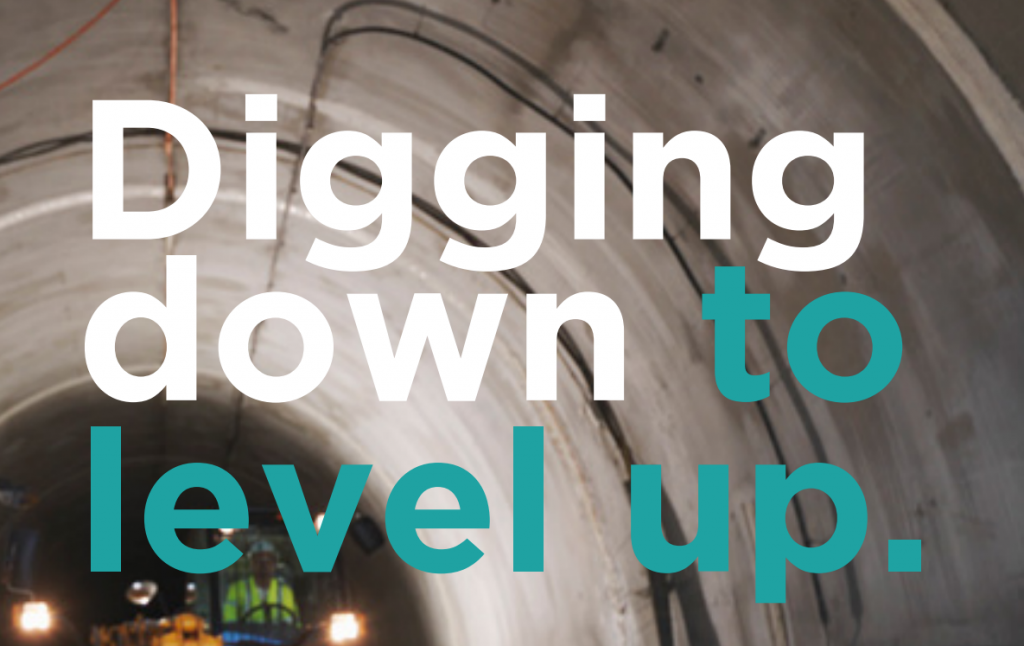The role of street and road works in upgrading Britain’s infrastructure and building the future economy
Dig down beneath Britain’s roads and streets and you’ll find a vast network of cables, pipes and ducts.
Hidden from sight, this infrastructure is crucial to our modern way of life. It keeps homes and businesses
connected to the utilities they need – including water, wastewater, gas, electricity and broadband.
The initial development of this complex network was an engineering marvel – but keeping it going requires just as much brilliance on the part of engineers and street works operatives.
Many of the cables, pipes and ducts that keep the country connected are now decades old. Over time, pipes develop leaks, electric cables break, and even newer fibre connections can become damaged.
Meanwhile, technological advancements and a collective mission to reach net-zero in Britain means
that entire networks need to be upgraded in some cases.
As superfast broadband is rolled-out across the country, telecoms companies are building an entirely new network – virtually from scratch. Increasing demands on the electricity network as more people purchase electric vehicles and install heat pumps in their homes also means electricity companies now expect to install 200,000 to 600,000km of new distribution cabling by 2050.
Most of this work requires excavation of roads and foot paths to access existing cables, pipes and ducts,
and install new infrastructure. In simple terms, Britain must dig down to level up.
“Technological advancements and a collective mission to reach net-zero in Britain means that entire networks need to be upgraded in some cases”
Hard working street works operatives already dig more than four million holes each year – a number set to grow further in the coming years. Each of these excavations is carefully controlled by policies overseen by local authorities, devolved administrations, and the UK Government. But this policy framework has become more extensive and complicated over time – coming close to matching the complexity of the underground network of cables, pipes and ducts utilities are responsible for maintaining and upgrading.
“Street works operatives already dig more than four million holes each year – a number set to grow further in the coming years”
It simply cannot be right that as utility companies gear up for the challenge of a century – delivering an
infrastructure revolution – policies and procedures designed for occasional maintenance of underground
networks, rather than the large-scale overhauls required today should be holding Britain back.
In this report, we set out the near and present opportunity, and the challenges that risk diverting
utilities’ course. Far from offering a simple warning, this report represents a call to action for policymakers to unlock the power of the street works sector to help deliver change at a scale and at pace desperately needed to meet Britain’s challenges today and tomorrow.

